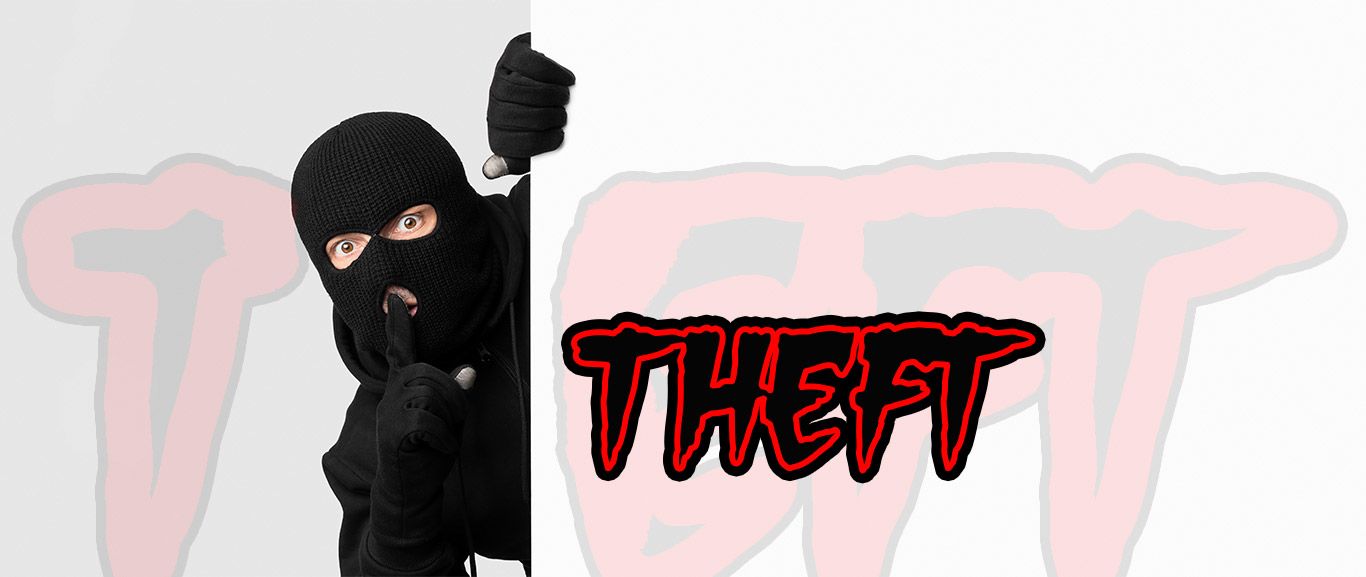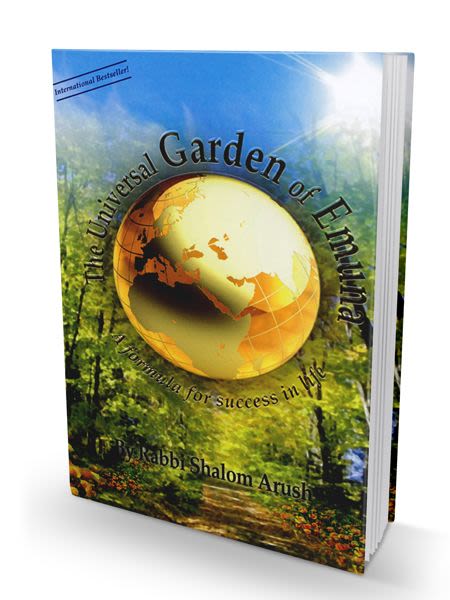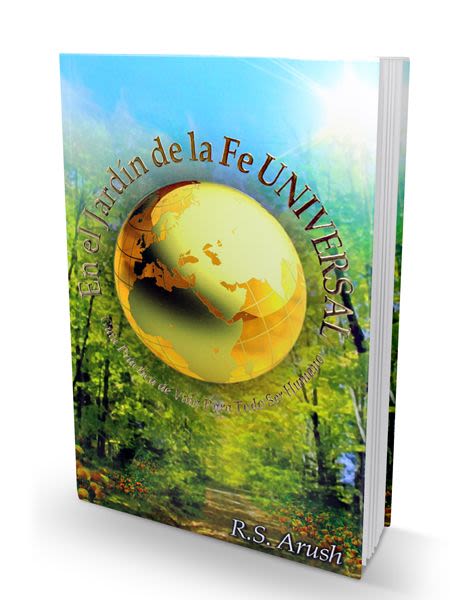
Theft
Much like the prohibition against murder, the prohibition against theft establishes a basic boundary between human beings that allows for peace, for relationships to grow.

4. Do not steal
Much like the prohibition against murder, the prohibition against theft establishes a basic boundary between human beings that allows for peace and for  relationships to grow. When we respect ownership it creates space for us to engage in the business of life without having to expend huge amounts of energy protecting our resources.
relationships to grow. When we respect ownership it creates space for us to engage in the business of life without having to expend huge amounts of energy protecting our resources.
 relationships to grow. When we respect ownership it creates space for us to engage in the business of life without having to expend huge amounts of energy protecting our resources.
relationships to grow. When we respect ownership it creates space for us to engage in the business of life without having to expend huge amounts of energy protecting our resources. If we must be constantly concerned about protecting our bodily welfare (murder), our sexual space (no illicit sexual behavior), and on top of that all of our belongings (theft), then societies can not function. When we give our children these boundaries, as our Father has given them to us, we create a world of civilized people who have the time to focus on not only on meeting our basic daily needs, but also on more elevated endeavors.
The prohibition against theft flows from the principle that the Creator determines for us on a yearly basis what we will and will not have. We are happiest when are humble enough to accept God’s judgment for us. To resort to stealing from another is arrogant and is a serious crime. It is laying claim to something that God has given to someone else. We should thank the Creator for what we have, work within reason to earn what we can honestly, and always ask the Creator for what we need – even the smallest things.
The prohibition against theft is virtually identical for Jews and non-Jews. It applies equally to men and women. It is important to think of this commandment, as well as the other Noahide commandments, as a category rather than as a single statement. Determining what exactly theft is helps us to avoid this behavior which is so easy to engage in.
- Stealing is stealing, even if no one sees you doing it or ever finds out you have done it. Of course we know that the Creator knows all and sees all, so we are never alone, as much as we may delude ourselves into thinking we are. This fact alone should be a great deterrent. And of course this reinforces the fact that we need to teach our children that they are never alone; Hashem is always with them loving them and watching over them.
- Theft applies to money, objects, and even people.
- Over-charging is considered theft, as is charging an unfair interest rate. The appropriate rate is to some degree subjectively determined, so it would be advisable to consult with a rabbi on this subject.
- It is theft to move a boundary to expand your real estate. It’s important to think about this when building fences. We need to be careful to accurately determine where our property starts and ends. Boundary disputes can be very serious, time-consuming, expensive, and can create negativity between neighbors that may never heal, God forbid, so it is important to pay close attention to this. In the US, such disputes can even hold up the sale/purchase of a home.
- It is important to weigh and measure honestly. One should not even own the tools to deceitfully measure.
- Harming another person physically is considered theft. The person who caused the physical and psychological damage is liable.
- Coveting and/or desiring a specific object or objects that belong to another person is forbidden.
- “Robin Hood” types are not heroes within Torah. It is not acceptable to steal from the wealthy even to give to the poor. In the same vein, it is not OK to rationalize one’s own stealing by claiming that company X or government X is so wealthy, surely it does not hurt them to take from them.
- It is theft to keep a borrowed object.
- It is theft to not pay a worker at the end of the day unless another arrangement has been made. The arrangement must be respected.
- It is required that we repay loans that we are capable of repaying. If we are not, we need to work something out with the person/entity to whom we owe money. If you are stuck and can not repay, it might be best to consult with a rabbi about the proper way to fulfill your obligations.
As Rabbi Brody has taught, we are much better off when we invest our energy in things that no one can take from us. Ultimately, the only thing that no one can touch is our relationship with the Creator. Materialism is a dead end street. The more we focus on getting what we need from Hashem, and focus more on our relationship with Hashem which transcends the joys that come from the material world, the less likely we will be to resort to stealing to acquire more. When we feel a fulfillment that comes from upright living and the tremendous love of our Father, our material needs will be met.
This is a surface treatment of this most important law. Please learn more about this subject.
***
The primary sources for this article are the books:
- Seven Colors of the Rainbow: Torah Ethics for Non-Jews, by Rabbi Yirmeyahu Bindman
- Two books by Chaim Clorfene and Yakov Rogalsky:
They are wonderful resources for anyone interested in learning more about the Seven Universal Laws.










8/22/2024
Hi Soraya,
I’ll try to answer your questions here…
1. Are the 7 Noahide Laws incorporated in the 613 Commandments? Yes, the Noahide Laws are a subset of the 613 commandments for Jews.
2. (paraphrased) Do the Noahide Laws regarding theft have the same meaning as theft in the 613 commandments? The laws of theft are much stricter and more detailed for Jews. For example, Noahide may charge interest (it must be reasonable rates), but a Jew cannot.
All the best!
8/21/2024
Hi everyone.
I have 2 questions regarding the 7 Noahide Laws.
First question: Are the 7 Noahide Laws incorporated in the 613 Commandments?
Second question is with regard to the Noahide Law “Do Not Steal” does this law have the same meaning as is detailed in the above detailed list of types of thefts, as the one in the 613?